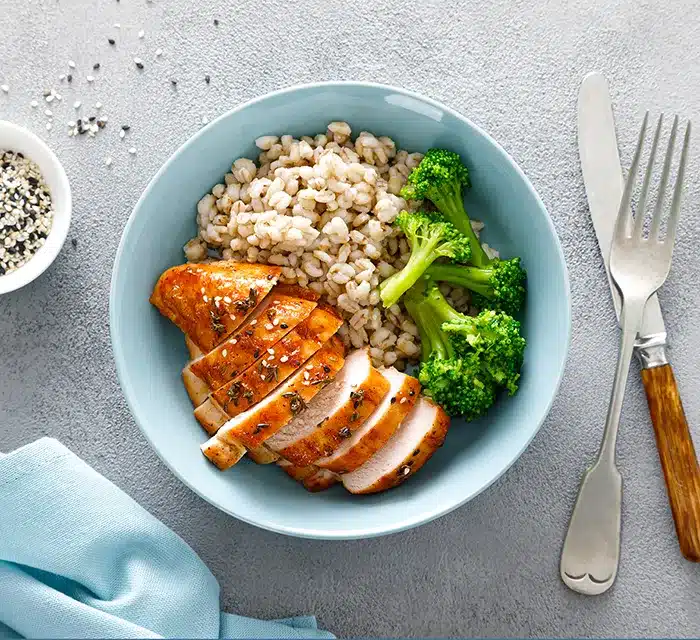
If you suffer from acid reflux or gastroesophageal reflux disease (GERD), you know how uncomfortable and disruptive it can be. The burning sensation and regurgitation of stomach acid into the esophagus can cause pain, irritation, and other unpleasant symptoms. While there are various factors that can contribute to the development of acid reflux and GERD, your diet plays a significant role in managing these conditions.
Here are foods to avoid to minimize acid reflux symptoms:
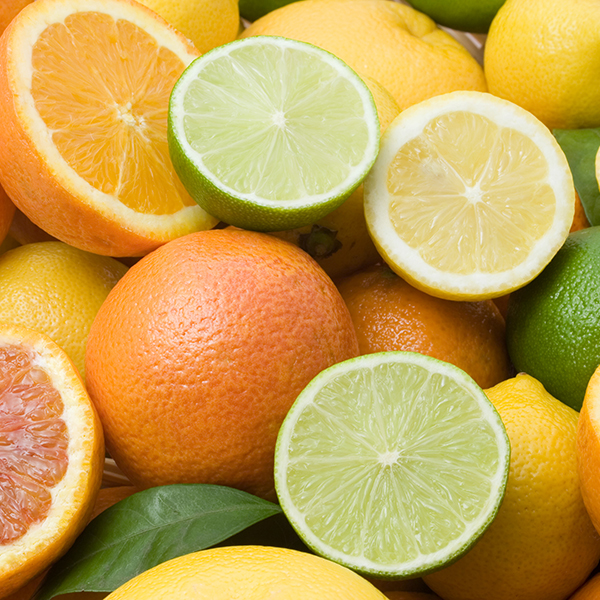
Citrus Fruits
Oranges, lemons, grapefruits, and tomatoes are highly acidic and can exacerbate acid reflux symptoms. The high acidity levels in these fruits can irritate the esophagus and trigger heartburn. It’s best to avoid consuming them in their raw form or opt for low-acid alternatives.
Spicy Foods
Ingredients like chili peppers, hot sauce, and spices such as black pepper and garlic can irritate the esophagus and worsen symptoms. Consider milder seasoning options or reducing the amount of spice in your meals.
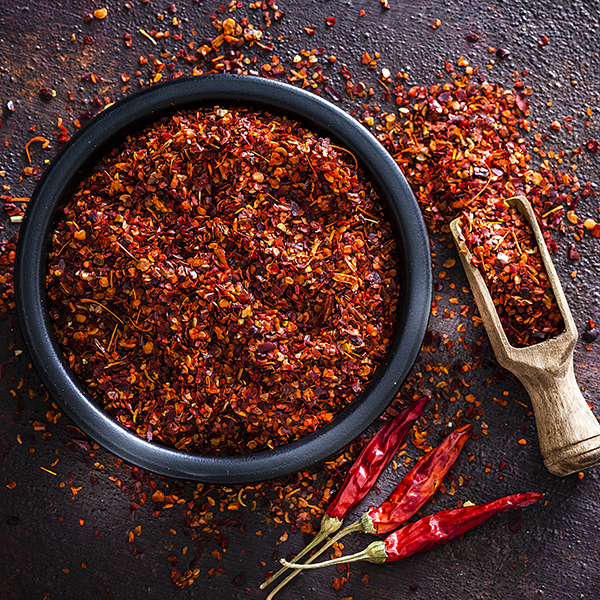
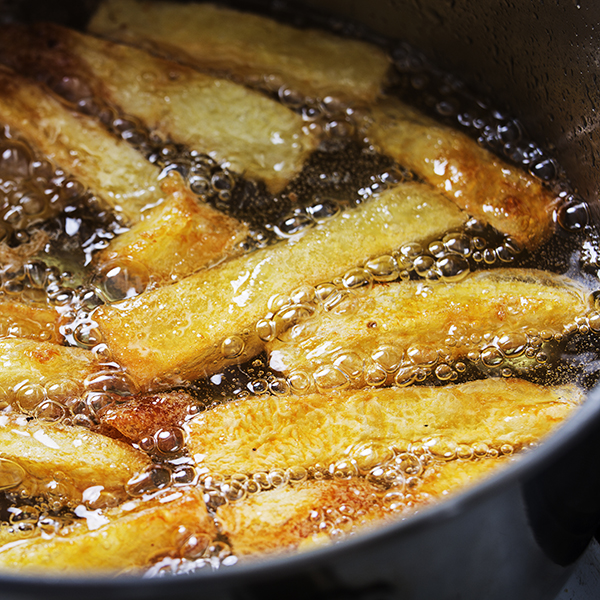
Fatty and Fried Foods
High-fat foods, particularly those that are fried or greasy, tend to relax the lower esophageal sphincter (LES). This relaxation can result in the backflow of stomach acid into the esophagus. Avoid deep-fried foods, fatty cuts of meat, full-fat dairy products, and processed snacks to reduce the risk of acid reflux.
Carbonated Beverages
Soda and sparkling water can contribute to the development of acid reflux. The carbonation leads to increased pressure in the stomach, which can force the contents upward into the esophagus. Opt for non-carbonated drinks like water, herbal tea, or non-citrus juices instead.

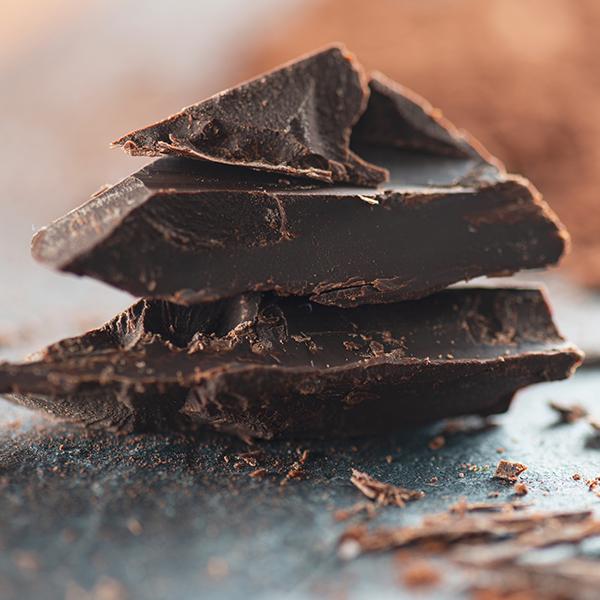
Chocolate and Cocoa
Chocolate contains both caffeine and a substance called theobromine, which can relax the LES and promote acid reflux. Dark chocolate tends to have higher levels of these compounds, so it’s best to limit your intake or opt for a milder alternative.
Mint and Peppermint
While mint can provide a refreshing sensation, it can also relax the LES and worsen acid reflux symptoms. Peppermint, in particular, has been found to relax the muscles of the esophagus, potentially leading to increased reflux. Consider alternative flavors for gum, breath mints, or herbal tea.
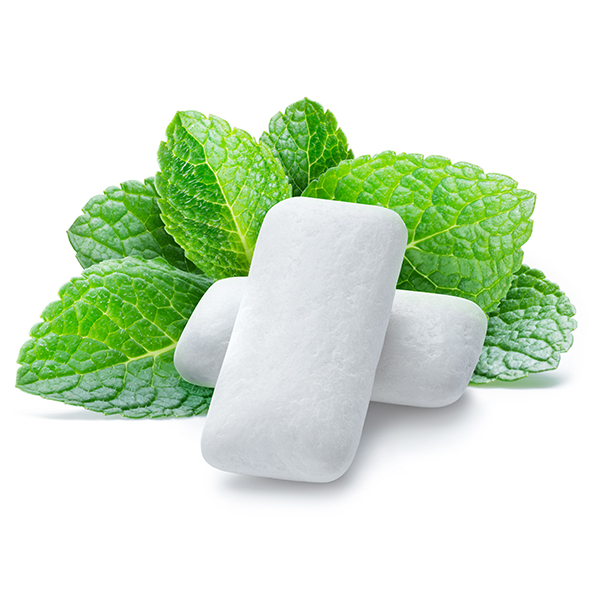

Alcohol and Caffeine
Both alcohol and caffeine can stimulate acid production in the stomach and relax the LES. This combination can significantly increase the risk of acid reflux and heartburn. Limit your intake of coffee, tea, carbonated energy drinks, alcoholic beverages, and acidic cocktails.
While avoiding these trigger foods can help manage acid reflux and GERD, it’s important to note that triggers can vary from person to person. It’s advisable to keep a food diary to track your symptoms and identify any patterns or specific foods that worsen your condition.
In addition to avoiding trigger foods, adopting healthy eating habits can contribute to better overall digestive health. Here are a few additional tips:
- Eat smaller, more frequent meals to avoid putting excessive pressure on the stomach.
- Chew your food thoroughly and eat slowly to aid digestion.
- Maintain a healthy weight as excess weight can contribute to acid reflux.
- Avoid lying down immediately after meals. Allow a couple of hours for digestion before lying down or going to bed.
If you’re experiencing reflux symptoms, please make an appointment with our reflux specialists at Glencoe Regional Health who will work with you to develop a management plan and treatment options. To schedule, call 320-864-7816.





